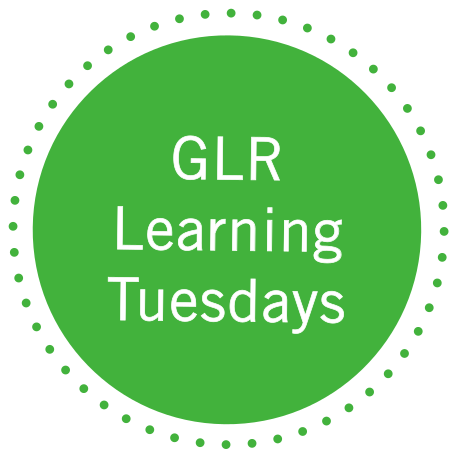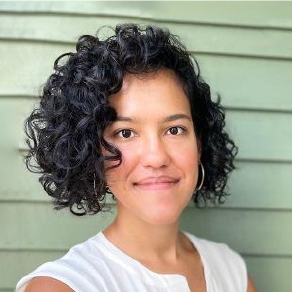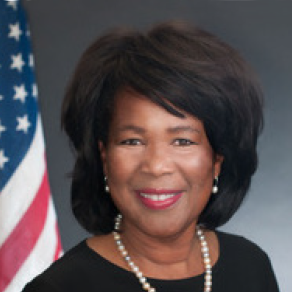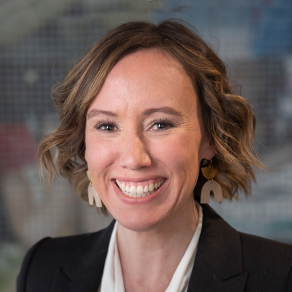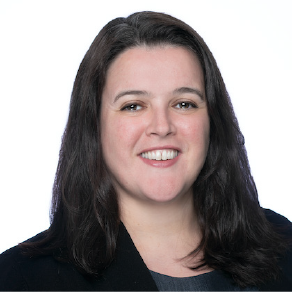
03:00 - 04:30 pm
SOS: New Data Indicate Stalled Progress in Learning Recovery & Some Bright Spots
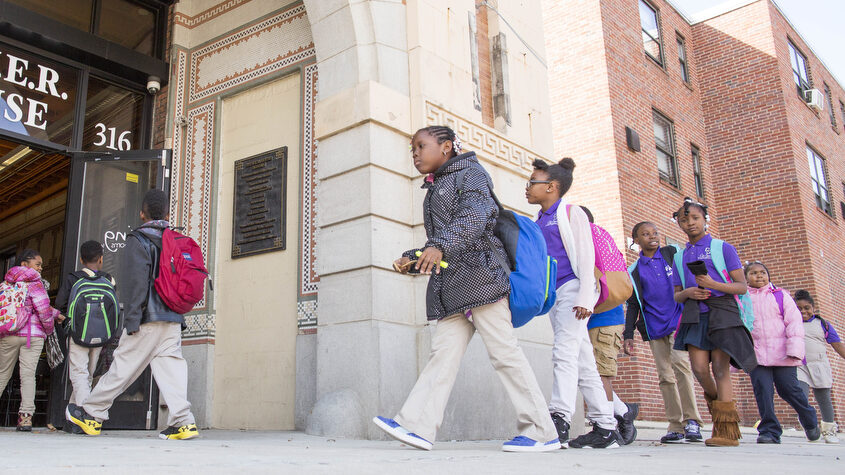
What really needs to be top of mind this year is getting schools to consider whether the response, the scale of their response, is actually matching the magnitude of the problem. So, it’s really critical to be thinking about recovery, not just as a multiyear effort with layered supports, and be clear eyed that this is an effort that will undoubtedly extend past the availability of those federal recovery funds”
— Karyn Lewis, Ph.D., NWEA, a division of HMH
This Learning Loss Recovery Challenge webinar engaged data experts from several renowned research institutions that had recently released data reports on the state of student learning in the United States, representing a call to action for all who care about early school success.
In a conversation moderated by Hedy Chang of Attendance Works, the panel shared details about the magnitude of learning loss and some bright spots, emphasizing the need for a long view as we explore opportunities to mitigate the impact of the pandemic on our most vulnerable children.
Karyn Lewis, Ph.D. with NWEA shared the findings of NWEA’s recently released report on longitudinal student achievement data from the MAP Growth, which is used in about 25% of public schools. The data represent both achievement and growth data. While there has been some growth and progress, during the past year this progress slowed. Lewis noted achievement gaps that existed pre-pandemic have only widened and marginalized students have the highest need for recovery supports.
Jennifer Sattem of Curriculum Associates shared information from two recently released reports focused on data from the I-Ready Diagnostics. The data also show that student achievement has stalled and students in the earliest grades have the largest amounts of unfinished learning. Sattem described the potential for learning recovery through the use of Stretch Growth coupled with professional development for teachers in setting learning goals for students.
Peggy Carr, Ph.D., Commissioner of the National Center for Education Statistics shared data from the most recent NAEP test and from the cohort using the School Pulse Survey, which monitors use of strategies for learning recovery among other indicators. Carr noted the importance of distinguishing between high-dosage tutoring and standard tutoring and monitoring the effectiveness of the models. She also shared recent chronic absence data, noting strategies to mitigate learning loss will work only if students are in school.
Avery Cambridge with McKinsey & Company shared their analysis of NAEP data, which looks particularly at differences among states and where the disparities between lowest and highest performers landed — some states had low disparities while others were quite large. McKinsey also looked at Bright Spot districts and states and offered examples of implementation strategies that were working to reduce learning loss.
The panel agreed that braiding strategies with high-quality instructional materials and professional development for teachers was fundamental to success.


 All Events
All Events